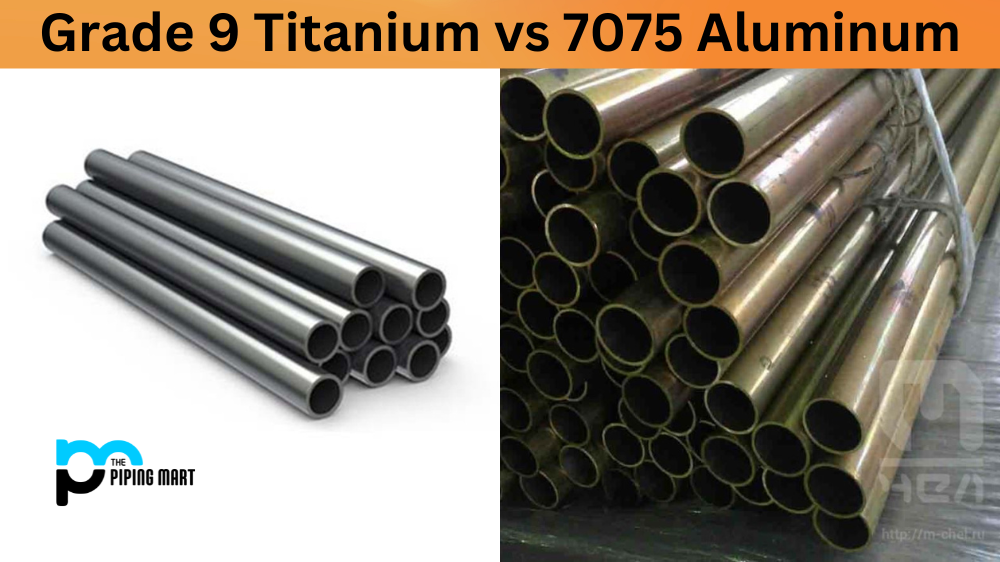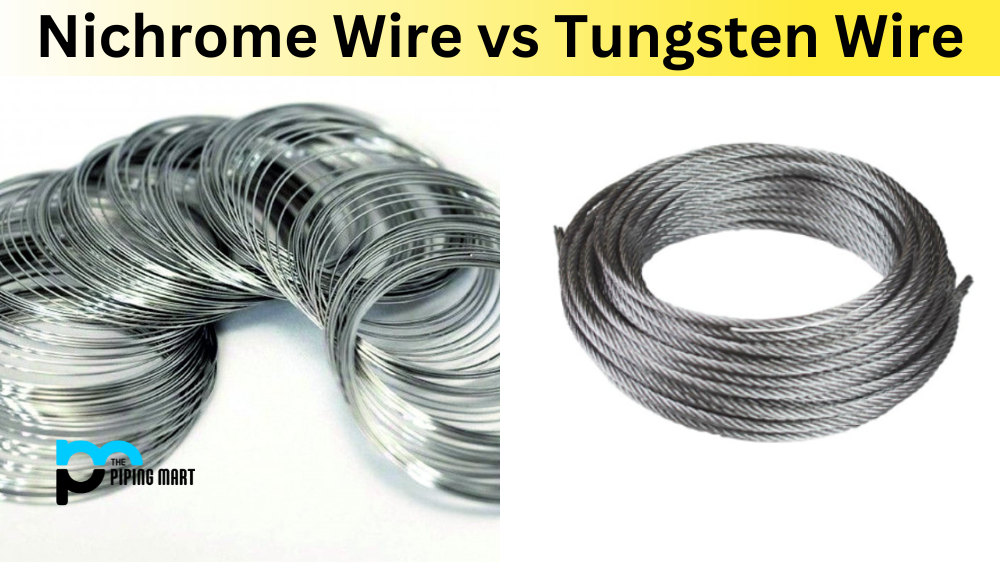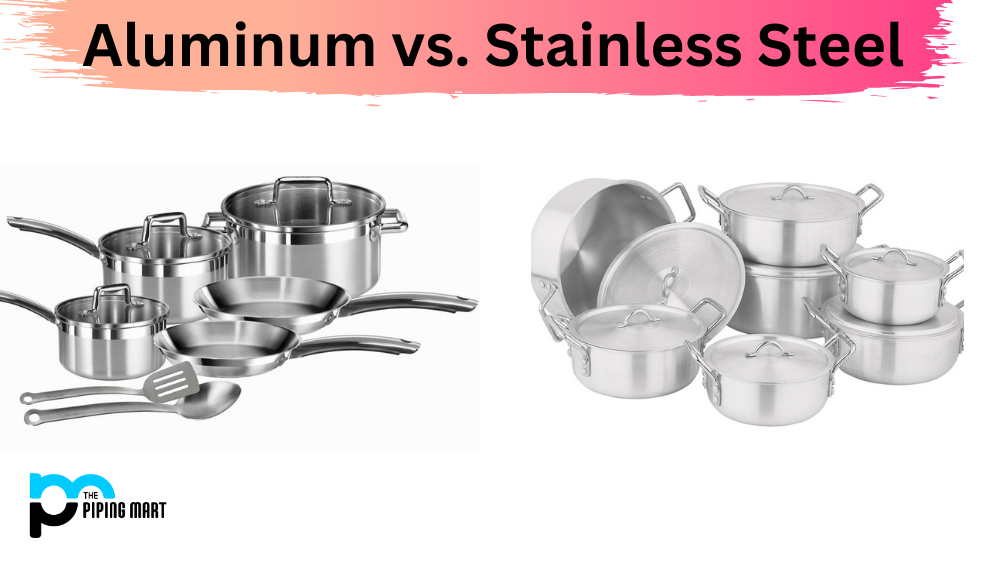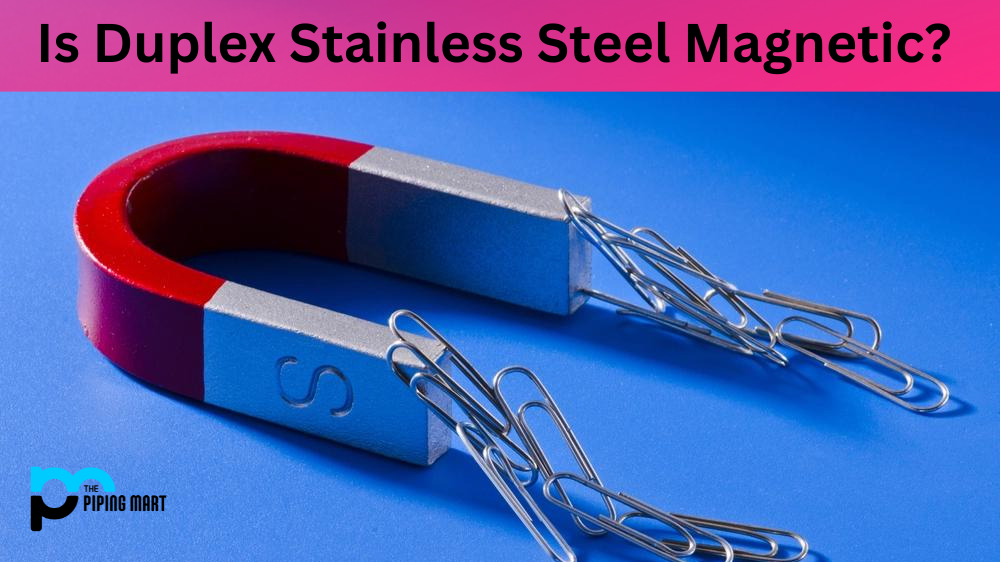When choosing materials for constructing products, there are several options to consider. However, titanium and aluminium are two of the most popular materials due to their strength, durability, and lightweight properties. This article will explore the pros and cons of Grade 9 Titanium and 7075 Aluminum, two commonly used materials in the manufacturing industry.
Grade 9 Titanium
Grade 9 Titanium, or Ti-3al-2.5v, is a strong, lightweight metal alloy containing titanium, aluminium, and vanadium. It is widely used in aerospace, medical, and automotive fields due to its high strength-to-weight ratio, corrosion resistance, and biocompatibility.
Pros
High Strength-to-Weight Ratio
Grade 9 Titanium is stronger than aluminium and steel while being 45% lighter than steel. This makes it a popular choice for aircraft, rockets and missiles, where weight is critical.
Corrosion Resistance
Titanium is highly resistant to corrosion and does not rust even when exposed to saltwater. This makes it an excellent choice for marine and underwater applications.
Biocompatibility
Grade 9 Titanium is widely used in medical implants due to its biocompatibility, which is not harmful to living tissue.
Cons
Difficult to Machine: Grade 9 Titanium is difficult to cut and machine due to its strength and hardness. This makes it time-consuming and expensive to manufacture.
Expensive
Titanium is an expensive material due to the high cost of extraction and manufacturing processes. This can make products made with Grade 9 Titanium more expensive than those made with other materials.
Low Thermal Conductivity
Titanium has low thermal conductivity, making it a poor heat conductor. This can be a disadvantage in certain applications requiring a high thermal conductivity level.
7075 Aluminum
7075 Aluminum, also known as aircraft aluminium, is a strong and lightweight metal alloy widely used in aircraft and other high-performance applications. It has a high strength-to-weight ratio and excellent fatigue resistance, making it a popular choice in the aerospace and automotive industries.
Pros
High Strength-to-Weight Ratio: 7075 Aluminum has a high strength-to-weight ratio, making it an excellent choice in applications where weight is critical.
Good Fatigue Resistance
7075 Aluminum has excellent fatigue resistance, making it an ideal choice for structures exposed to cyclic loading.
Easy to Machine
Compared to Grade 9 Titanium, 7075 Aluminum is easier to cut, machine, and weld.
Cons
Corrosion Resistance
Aluminum does not have the same level of corrosion resistance as titanium, making it unsuitable for carine and underwater applications.
Low Melting Point
Compared to titanium, aluminium has a low melting point, making it unsuitable for high-temperature applications.
Cost
While 7075 Aluminum is less expensive than Grade 9 Titanium, it is still more expensive than many other materials.
Conclusion
In conclusion, Grade 9 Titanium and 7075 Aluminum are excellent materials with unique properties that make them suitable for various applications. Grade 9 Titanium is stronger, lighter, and more corrosion-resistant than aluminium but is expensive and difficult to machine. On the other hand, 7075 Aluminum is less expensive, easier to machine, and has good fatigue resistance. However, aluminium has lower corrosion resistance and melting point than titanium. Choosing these two materials ultimately depends on the application, budget, and other factors.




